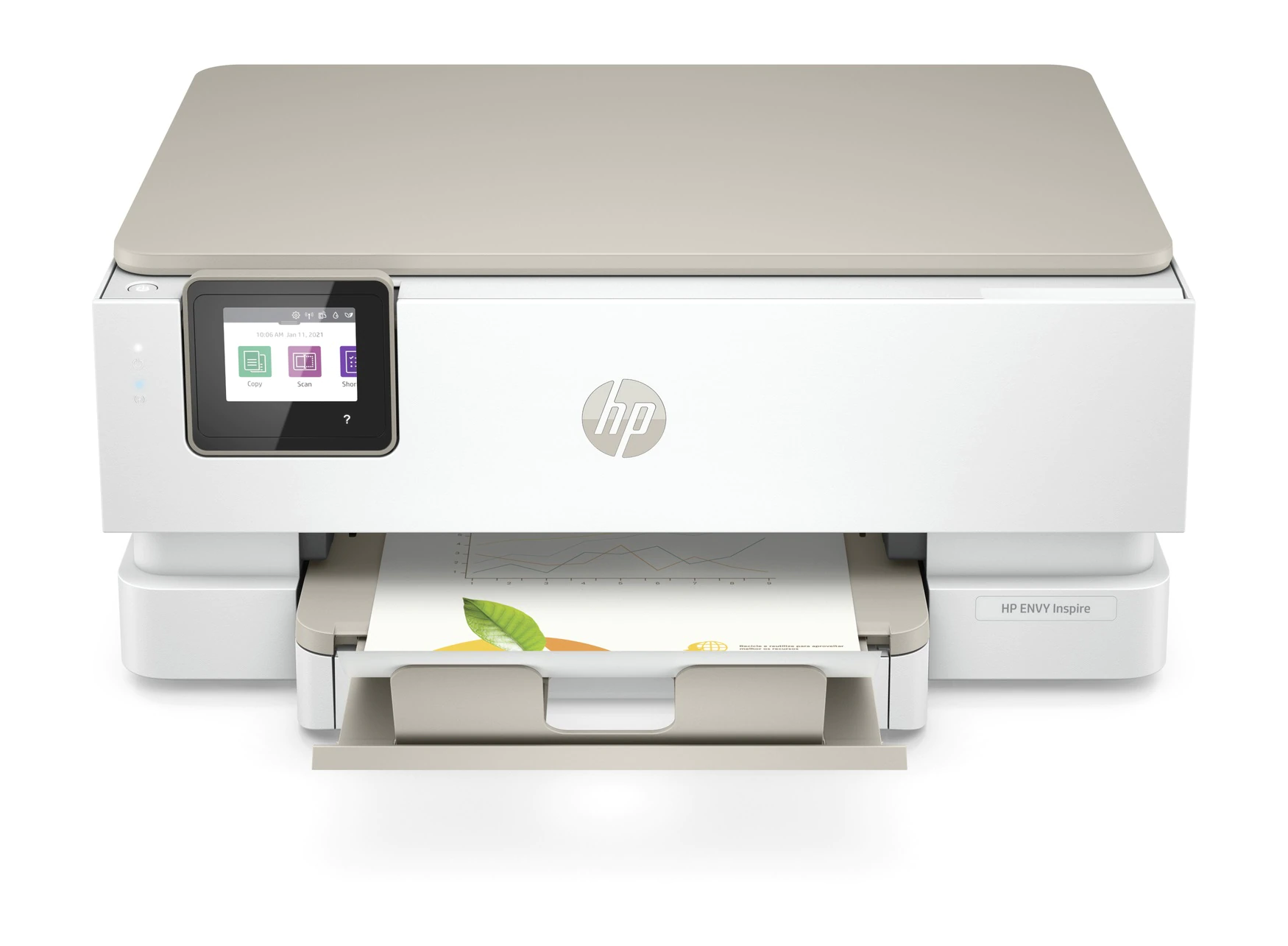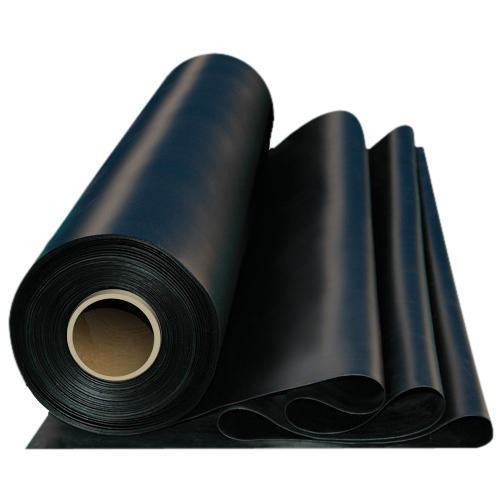How to Import Goods from China to Nigeria: A Step by Step Guide
How to Import Goods from China to Nigeria: A Step by Step Guide.
Importing goods from China (especially clothes) to Nigeria is one of the popular business ideas for entrepreneurs. However, there are some challenges that come with importing. From regulations to logistics, it can be tricky to get started.
This blog post will guide you through the main steps of importing Chinese products to Nigeria, including regulations and legislation (types of licenses), pricing considerations, shipping and transit time, and quality control. You don’t have to outsource your clothing production anymore! It doesn’t matter if you’re a fashion retailer or an entrepreneur with a small business—this article will provide you with everything you need to know about importing from China to Nigeria.
Why is importing from China to Nigeria difficult?
There are many benefits to importing from China because the cost of goods is lower. The cost of goods in Nigeria, however, is high due to import duties and taxes. As a result, imports from China to Nigeria are difficult because they will incur higher costs for your business.
It’s also more difficult to import from China because Nigeria has a lot of import restrictions and regulations. Your shipment will be held at customs if it doesn’t meet certain quality standards or if it isn’t correctly labeled. You’ll need a license before you can import, which can limit your options for importing products from other countries too.
Licenses and Regulations
In Nigeria, importing goods from China is regulated by the Nigerian Bureau of Standards. In order to import goods from China to Nigeria, you would need a general license from the Nigerian Bureau of Standards.
When you apply for a general license, you will be asked for information about your company and its products. You will also be subject to inspection by the Nigerian Bureau of Standards.
If you want to import a certain type of good—say, electronics—that falls under a particular category, you will need a specific license from the Nigerian Bureau of Standards as well as an import permit from the Ministry of Trade and Investment.
So before importing from China to Nigeria, make sure your company is ready by checking with the Nigerian Bureau of Standards and asking how much it would cost for licenses and permits.
Import license
The first step you need to take before importing anything from China to Nigeria is to get a license. There are two types of licenses: one for importing and the other for exporting. You will need a license for both importing and exporting goods from China to Nigeria.
You’ll mostly likely qualify for an export license, but you should check with your local Nigerian consulate just in case. The import license is usually more complicated, as there are many regulations that vary by country and product type. The Nigerian government has three different import licenses: the IM1, IM2 and IM3.
IM1 – This is a general import license, which means you can import any products from any countries except those on the prohibited list below and can also bring in any products up to $2m Naira (N801,000).
IM2 – This is a restricted import license that allows imports from only those countries on the restricted list below with an annual total of imports not exceeding $20 million Naira (N832 billion).
IM3 – This is an SPS Food Import License that allows imports from all countries but only those products listed on the food-specific list obtained from MAFRA or FEDECO.
Type of products
Before importing from China, it’s important to know the type of product you want to import. For example, if you’re a fashion retailer, knowing whether you want to import clothing, shoes, or accessories will help you select the right methods of shipping and transit time.
In this article we’ll focus on importing clothing from China. The main categories of products imported are:
– T-shirts
– Sports wear
– Jeans
– Denim pants
– Evening gowns
– Casual dresses
Shipping and Transit Time
China has a variety of customs regulations, but Nigeria is different. When shipping from China to Nigeria, you need to consider what will happen to your goods at the destination port.
For example, are your goods subject to inspection? If so, how can you prepare for that? These are things to keep in mind before importing from China to Nigeria.
When shipping from China to Nigeria, transit time is one of the most important factors. How long will it take for your parcel to be delivered? You should also know that transit times can vary depending on the mode of shipping and whether or not there are any customs checks along the way.
So how long does it really take for Chinese imports to make their way through Nigerian ports? Shipping time depends on which port you choose to send your goods through. For example, Lagos usually takes two weeks while Port Harcourt only takes one week. Shipping time can also depend on demand at customs stations where you’re sending your imported products, as well as the type of product being shipped (i.e., clothes or shoes).
Quality Control
Quality control is always an important topic when you’re importing. There are a few ways to make sure you maintain the quality of your products.
The first way is to work with a reliable supplier. Your supplier should have established relationships with manufacturers in China and should be able to provide you with samples of the products they will be shipping.
Secondly, you can set up quality inspections at your company or in-country before the product leaves China. This ensures that the product will meet your standards for quality before it’s shipped off.
Thirdly, ask your suppliers about their return policy. If they don’t offer one, then find another supplier! You want to make sure that if there is ever an issue with the delivery of your order, you’ll be able to take care of it quickly and efficiently.
Conclusion
With the right information, importing goods from China to Nigeria can be a breeze.
But always make sure you know what you’re getting into before you sign on the dotted line. An import license is required and must be obtained from the Nigerian Customs Service. You will also need to take into account the type of products you would like to import, and the shipping and transit time it will take to get them to your door.
When it comes to quality control, it is important to know who your suppliers are and what standards they maintain.
Keep in mind that importing goods from China to Nigeria is not for everyone. If you are not prepared for the challenges that come with importing, it may be best to find another source for your products.








LEAVE A COMMENT
You must be logged in to post a comment.